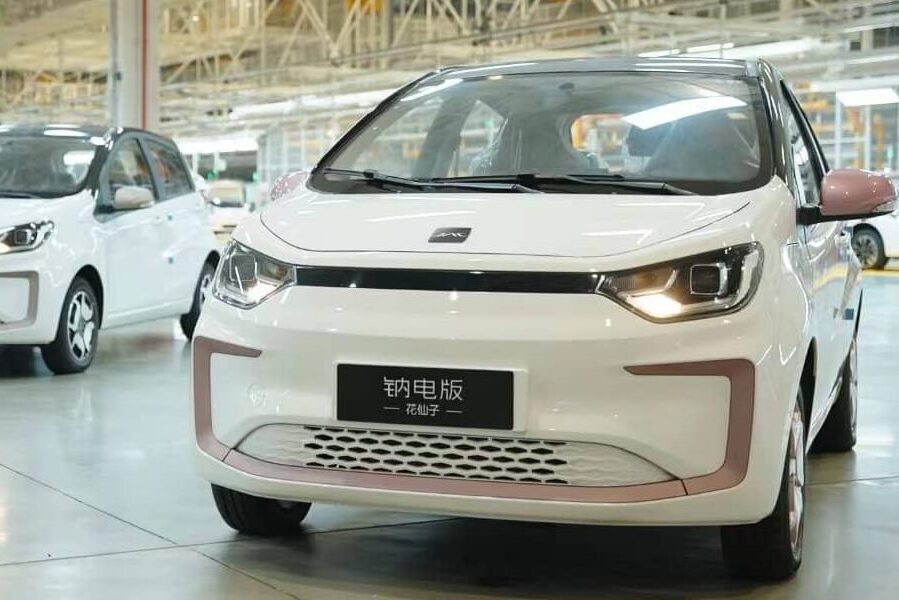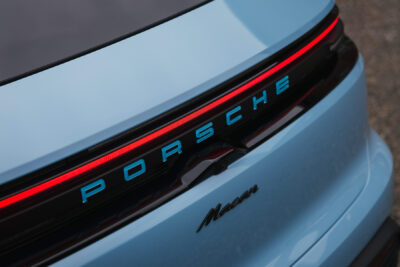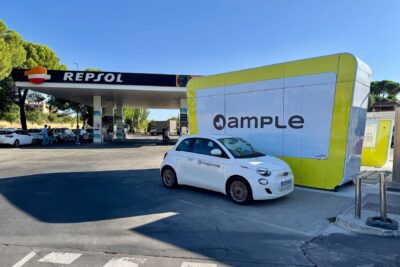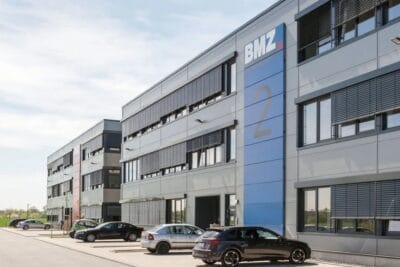First sodium-ion battery EVs go into serial production in China
The first of the two compact EVs is an electric car from the electric car brand Yiwei, which was founded in 2023 and is a successor to the joint venture brand Sehol from JAC and Volkswagen Anhui. As reported, the sodium-ion batteries for Yiwei are sourced from Hina Battery. The second model comes from the company Jiangling Motors Electric Vehicle (JMEV), which is majority-owned by Renault, and is equipped with sodium batteries from Farasis Energy.
Yiwei is a fresh new EV brand under Anhui Jianghuai Automobile (JAC), established in 2023. JAC’s parent company, Anhui Jianghuai Automobile Group Holdings (JAG), is 50% state-owned, while 50% belongs to the Volkswagen Group, which was acquired in 2020.
In February 2023, JAC announced the first move to put the lithium-free sodium-ion battery on an electric vehicle. The vehicle turned out to be a Sehol E10X hatchback. At the time, the Na+ battery had the following specifications: 25 kWh capacity, 120 Wh/kg energy density (single cell 140 Wh/kg) and a charging time of 3C to 4C charging (10% – 80% in 20 minutes). This allowed for a total range rating of 252 km for the E10X.
To compare, Farasis Energy’s sodium-ion batteries currently in production have energy densities in the range of 140-160 Wh/kg, and the battery cells have passed tests including pin-prick, overcharging, and extrusion. When installed in the JMEV EV3, it allows for a range of 251 km. For the “regular” EV3 variant, which runs on a lithium-ion battery, a CLTC range of 301 km is stated.
Sodium-ion batteries are expected to take off due to their lessened environmental impact and reliance on expensive resources, however, performance has not quite managed to catch up with the more popular lithium-ion approach.
cnevpost.com (Farasis), carnewschina.com (Yiwei)





4 Comments